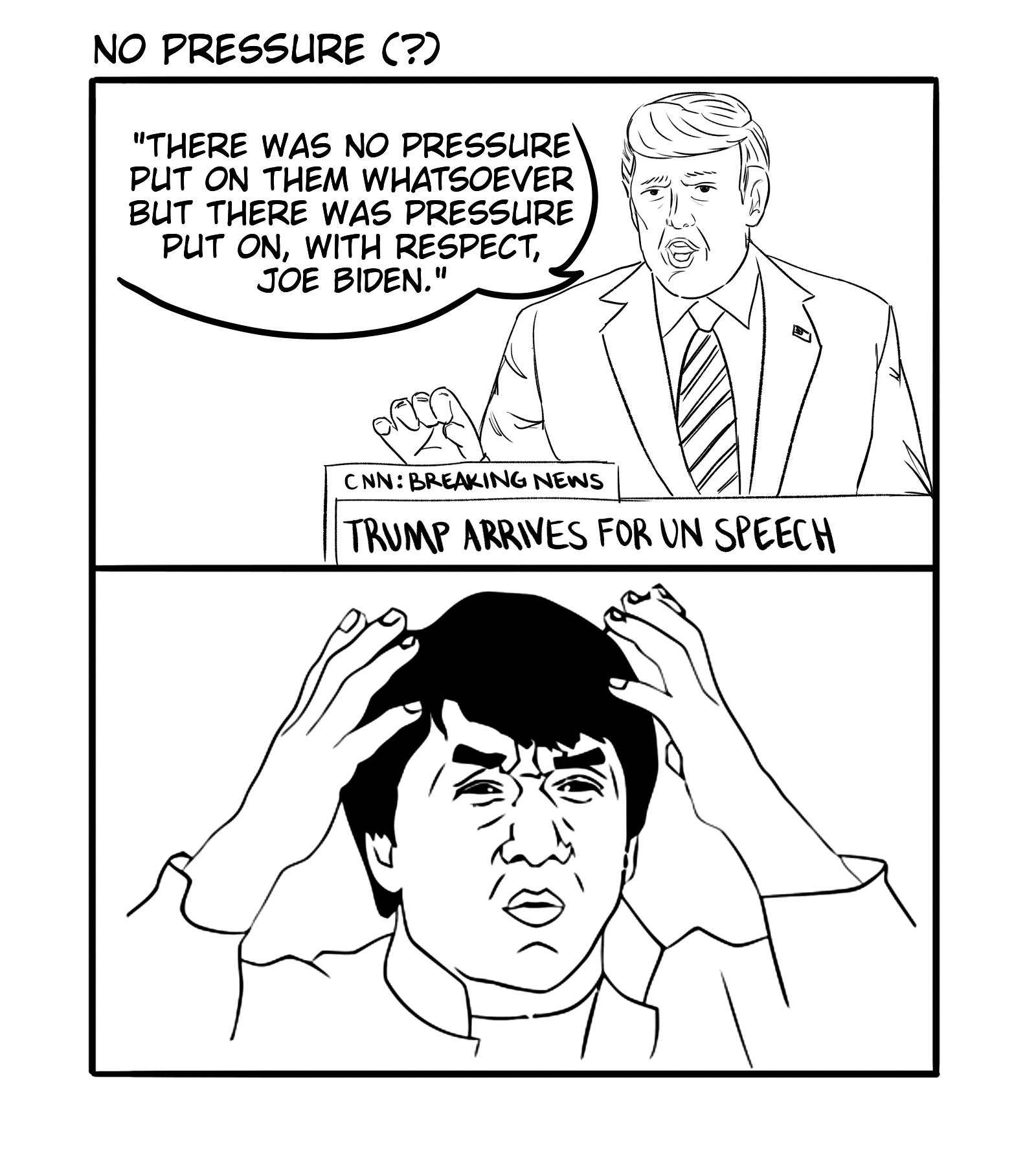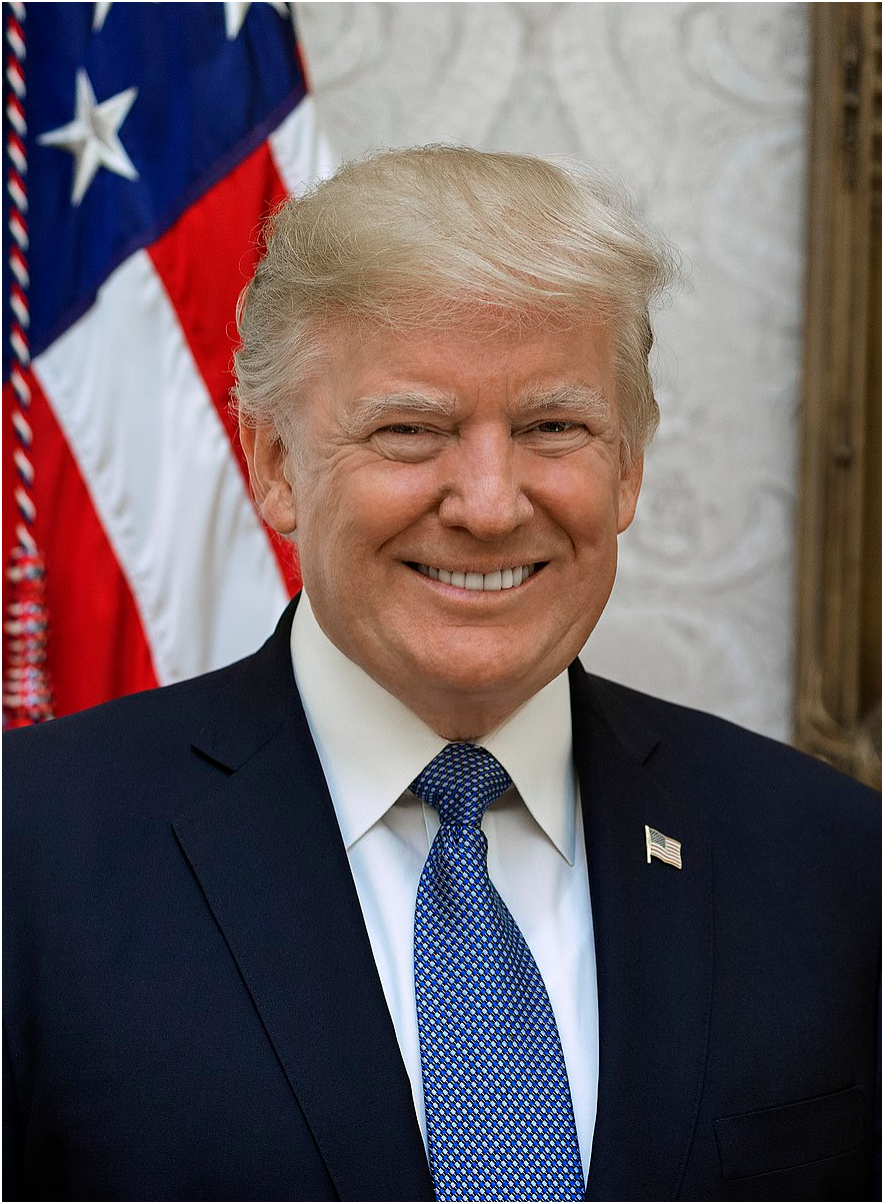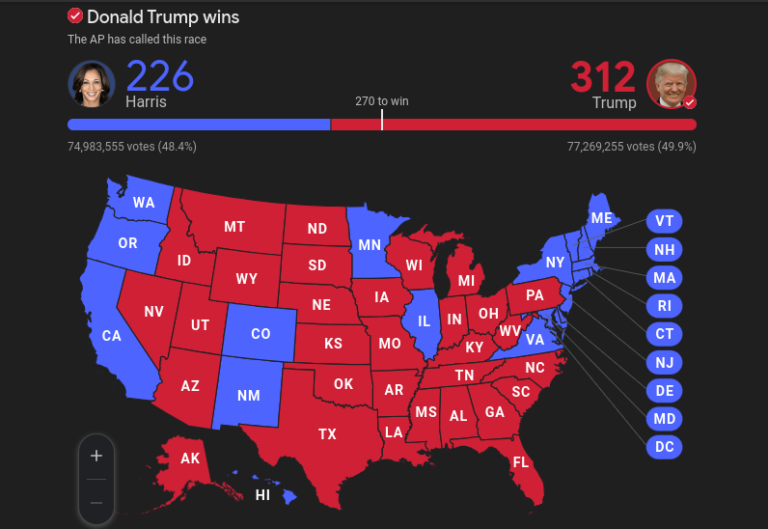
Comic by Carolina Cuevas.
Carlos Aragon Aldana also contributed to this article.
On December 18th, the House of Representatives voted to proceed with the impeachment of President Donald Trump based on two articles on impeachment claiming abuse of power and obstruction of congressional inquiry. On February 5th, the President was acquitted for both articles by the Senate. Here is what that means:
When Trump was first elected as president, his inauguration, like all presidents, entailed an oath swearing that he “will faithfully execute the Office of President of the United States” and “preserve, protect and defend the Constitution of the United States.” Like only two other presidents to become impeached (Johnson and Clinton—Nixon left office before he was impeached), the articles of impeachment detail that Trump should be charged with “high crimes and misdemeanors,” or simply, a violation of the oath when he took office. This is important because the role of the president is to work in the benefit of the nation, and while many argue that his presidency brought much for the economy and more, the House still holds the actions of the president into account, especially when those actions do not benefit the nation.
There are a large number of people who do not agree with the presidency of Trump since the beginning. To date, Trump is projected to have a 42.5% approval rate by adults and potential voters alike.
Many of these people believe that Trump’s tactics regarding the 2016 election, the upcoming election, and the Ukrainian government have not been wholly fair, transcending into the articles that were served to the Senate in 2019.
In layman’s terms, the first article stated that he used his position of power to ask the Ukranian government to announce investigations that would help him get re-elected and hurt other candidate’s chances. This was initially seen during his first campaign for president, launching an investigation into Hillary Clinton’s emails in which Clinton sent highly confidential emails over an unsecured private server—highly dangerous for a person in her position at the time. The FBI has since found no “malign intent” in Clinton’s actions however, it is believed that the 2016 election was dominated by the investigation, and sometimes cited as the reason Clinton lost.
Trump is currently respurring the investigation once again, according to Vox, alongside an attempt to diminish Joe Biden’s reputation as well.
The debacle began with a law, passed by Congress to give $400 million in military aid to Ukraine in their war against Russia. It was agreed by the president and was promised during the summer of 2019. However, Donald Trump withheld the aid for “a policy reason,” despite some people questioning the legality of Trump refusing to follow this law enacted by Congress. The issue became aggravated when a whistleblower exposed the president for having a private phone call with Ukrainian president, Volodymyr Zelensky, explaining that he will not release the military aid until the Ukrainian government launches an investigation into Joe Biden’s son, Hunter Biden.

Hunter Biden’s connection to Ukraine is clear, and previously investigated in 2016: he worked for a Ukrainian gas company called Burisma, initially investigated for corruption in which Biden “improperly pressured Ukraine to fire a prosecutor who had at one point been investigating Burisma Holdings,” according to Business Insider. Although his role in Burisma may seem sketchy, there was no evidence of wrongdoing, yet the president attempted to relaunch the investigation without substantial evidence in an attempt to cast doubt on voters about the Bidens’ ability to rule in a position of power.
Thus, in the impeachment, the House declared that the president used his power and position improperly in order to personally gain an advantage in the 2020 elections.
Now, what does impeachment mean for the US as a whole?
The impeachment process is slow since the Democrat-ruled House of Representatives must pass articles that they think Republican-ruled Senate will vote in favor. Once in the hands of the Senate, they hold hearings, and must have a two-thirds (67 of 100) majority vote in order to remove Trump from power. While it may not seem too difficult, one must remember that there are 53 Republicans in the Senate, and zero Republicans in the House of Representatives voted for Trump to be impeached. For Trump to be impeached, at least 20 Republicans in the Senate would have had to defect and vote for his removal and every single Democrat would have to vote for his removal.
The Constitution gives the House of Representatives “the sole Power of Impeachment,” while “the Senate shall have the sole Power to try all Impeachments…[but] no person shall be convicted without the Concurrence of two-thirds of the Members present.” Often, the Congressional proceedings that occur during impeachment are compared to going to court where the House presents a speaker who acts like a lawyer and the Senate acts like the jury. To be clear, the House can officially claim a president of “impeached” however, only the Senate can remove a president from office (and from further presidential races). As of now, Trump is only the third president to be deemed “impeached” by the House and acquitted by the Senate.
This means that the President can be removed from office due to impeachment for any “high crimes and misdemeanors,” though it is difficult. However the sentiment of “high crimes and misdemeanors” remains vague and normally represents any sort of activity that the Senate deems an abuse of office. Realistically speaking, the chances of Donald Trump being removed from office were slim but not impossible. Most importantly, if Trump were to be convicted of high crimes and misdemeanors, the Vice President, Mike Pence, would take his place in office.
As Trump continues to act as president, his actions influence voters in impeachment polls. To date, a close majority of Americans are in favor of impeaching Trump, however the margin is minimal.
Such actions include the assasination in Iran of General Quassim Suleimani, which was ordered by Donald Trump. Many say that this could have been some sort of a response to the impeachment, and as of January 10th, this seems to be true, as Trump himself stated that impeachment did weigh in on the choice to assassinate Suleimani.
Indeed another factor in creating such a majority in favor of impeachment may also lay in the Mueller Report officially titled “Report on the Investigation into Russian Interference in the 2016 Presidential election,” released in April 2019. Ultimately the report finds that there was not sufficient evidence due to encrypted, deleted, and unsaved communication as well as false, incomplete, and declined testimonies. However, Volume II of the report attempted to conclude that Trump should be charged with “obstruction of justice” however a judgement could not be reached because the Office of Legal Counsel advised that a sitting president cannot stand trial because it would be unfair, however the report concludes the “it does not exonerate him.”
Meanwhile some Democrats are coming forward believing that Trump should have been impeached due to his “inhumane” child separation policies. Between October 2017 and May 2018 at least 2,700 children were separated from their parents, who were labelled as criminals and are sent to federal jail before seeing a judge. Some of these children were documented to endure “verbal, physical, and sexual abuse” by Border Patrol, while a PBS Frontline investigation found some teens were getting released to labor traffikers by ORR and reported that aproximately 1,475 children out of 7,000 could not be reached, deeming them “lost.”

Despite Trump’s actions in the past, and the current impeachment trials, his ranking in the polls still holds relatively high among Republicans, holding fast on to the primary spot for his party.
While Trump did not address the impeachment during the February 4th State of the Union Address, he has called the impeachment a “witch hunt” and ardently showed his distaste for the Democrats during the State of the Union to the point that he refused to shake the hand of Nancy Pelosi. The act called outrage from all media, especially considering Pelosi’s reaction of tearing up her copy of Trump’s speech on public television.
Yet, much like the impeachment polls, votes on Trump’s charges were very close. The first article passed 52-48, while the second passed with 53-47. With Trump now being considered “impeached” yet acquitted, only time will tell how this will bode for the 2020 elections.






